Millennials are shaking up industries left and right, challenging traditional products and practices that don’t align with their values or lifestyles. Businesses that can’t adapt are feeling the heat, while those that pivot are thriving. In this post we look at 17 products millennials are turning their backs on and how it’s forcing industries to change.
Cable TV Packages
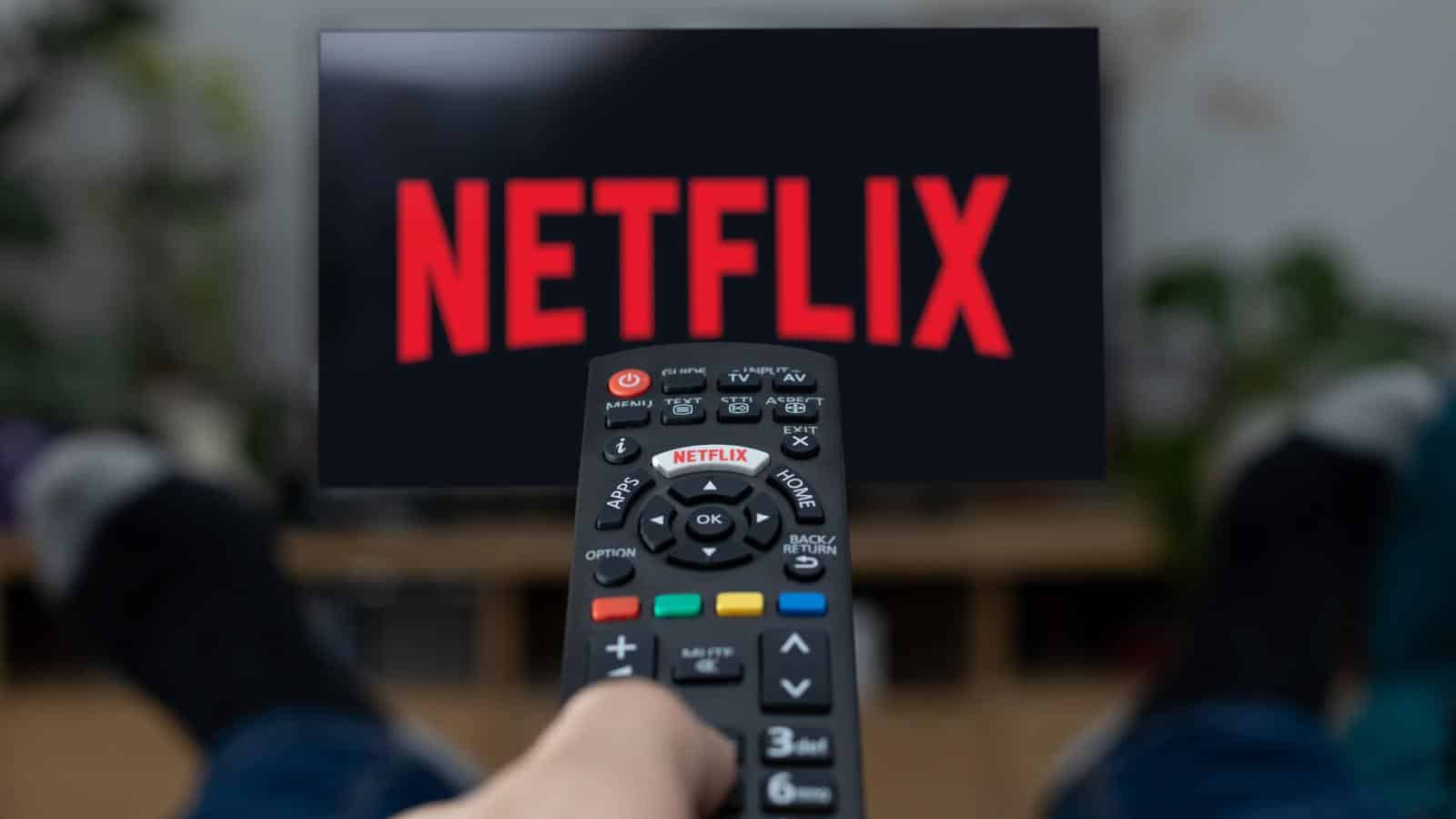
The traditional cable TV package is increasingly being replaced by more affordable and flexible streaming services.
Millennials gravitate toward platforms like Netflix, Hulu, and Disney+, which allow them to choose what they watch without dealing with unwanted bundled channels. High monthly fees, long-term contracts, and inconvenient setups are major turnoffs for this generation. S
Diamond Jewelry

Diamonds no longer symbolize status or romance for many millennials, who question the ethics and affordability of traditional stones. Instead, they prefer alternatives like lab-grown diamonds, other gemstones, or experiences such as travel or special events to commemorate milestones.
Big-Brand Beer
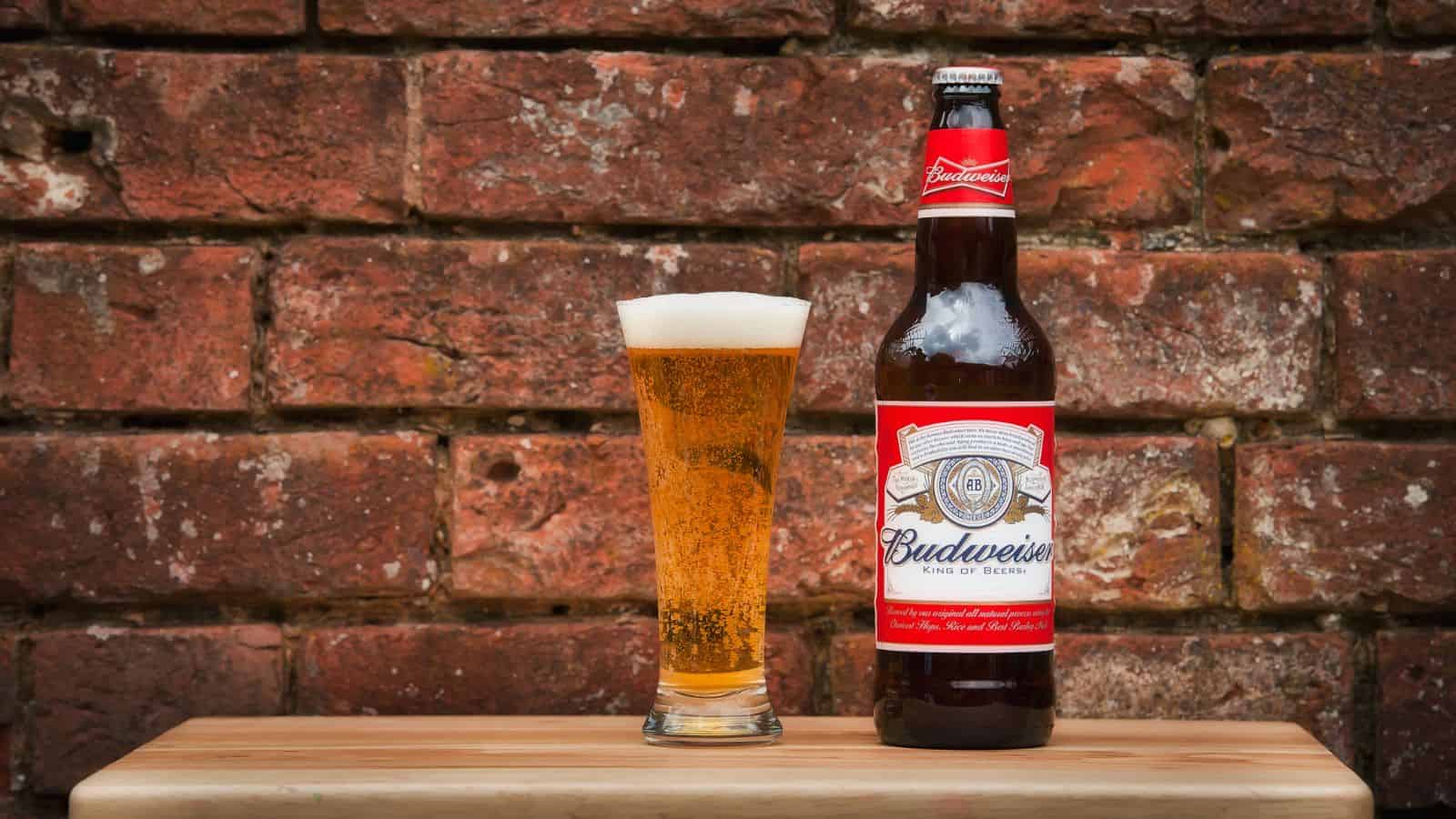
Big-name beer brands like Budweiser and Coors are losing favor as millennials turn to craft breweries and artisanal beverages. They’re drawn to the creativity and local appeal of small-batch brews, which often provide unique flavors and personal connections.
Additionally, younger drinkers are exploring alternatives like hard seltzers, cocktails, and non-alcoholic beverages. The result is a significant decline in loyalty to mainstream beer brands, pushing companies to acquire craft breweries or create innovative products to capture millennial attention.
Fabric Softener

Fabric softener is increasingly seen as outdated and unnecessary, especially among eco-conscious millennials. Many perceive it as an extra expense that adds chemicals to their laundry routine without providing substantial benefits. Eco-friendly alternatives like dryer balls and multi-use detergents are instead gaining popularity.
Formal China Sets

Gone are the days when fine china was a must-have on every wedding registry. Millennials prefer functional, everyday dishes that work for casual dinners and fancy get-togethers alike. The idea of storing delicate plates that only come out once a year feels impractical to this group. Companies relying on formal tableware sales are feeling the pinch, with many pivoting to more versatile, modern options.
Department Store Clothing
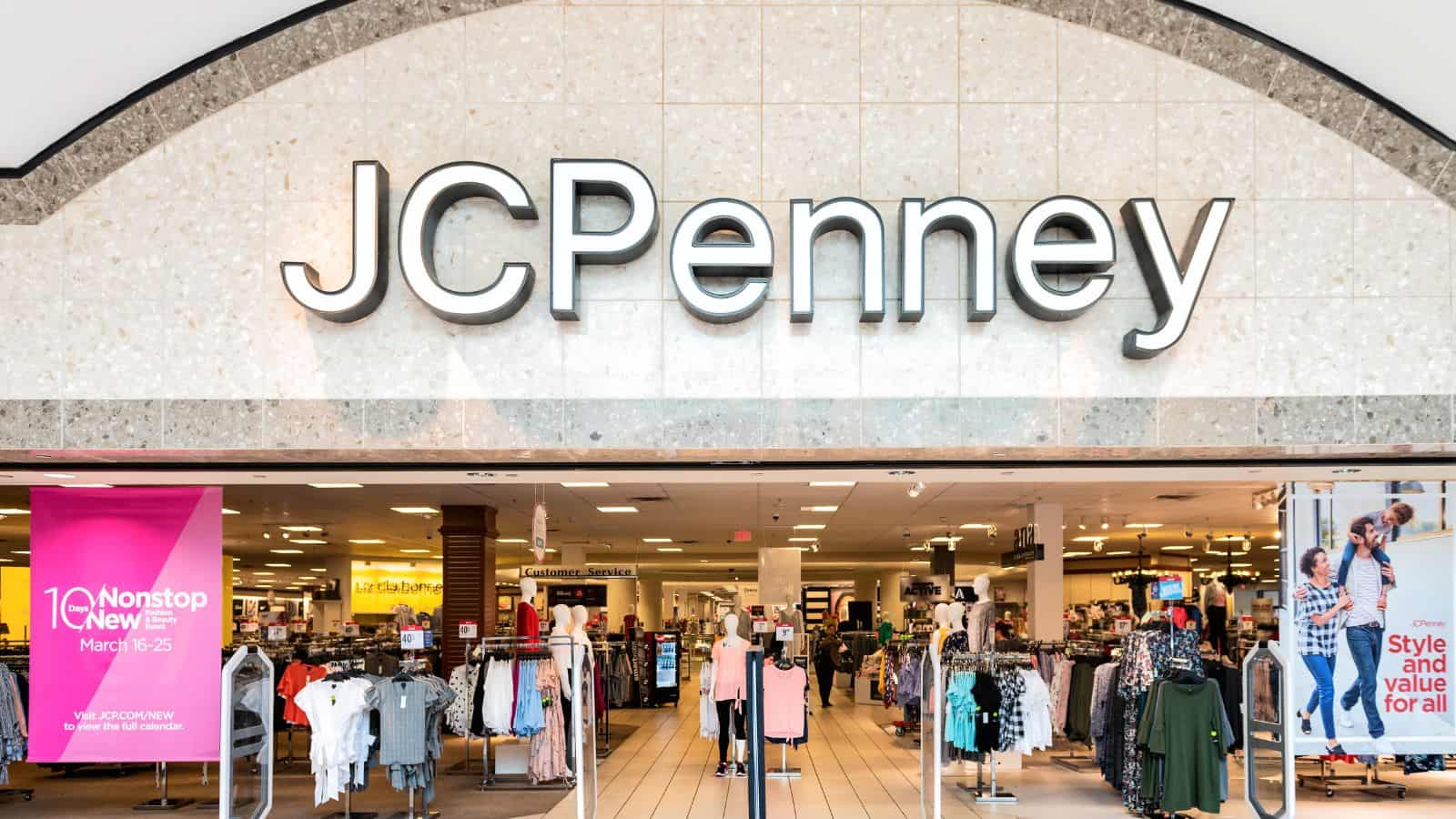
Why trudge through a mall when you can shop online, thrift, or buy from sustainable brands? Millennials are ditching department stores in favor of convenience, affordability, and ethical choices. The decline in mall traffic has hit big retailers hard, forcing them to rethink everything from store layouts to online strategies.
Meanwhile, secondhand marketplaces and direct-to-consumer brands are thriving, capturing the millennial market.
Processed Cheese
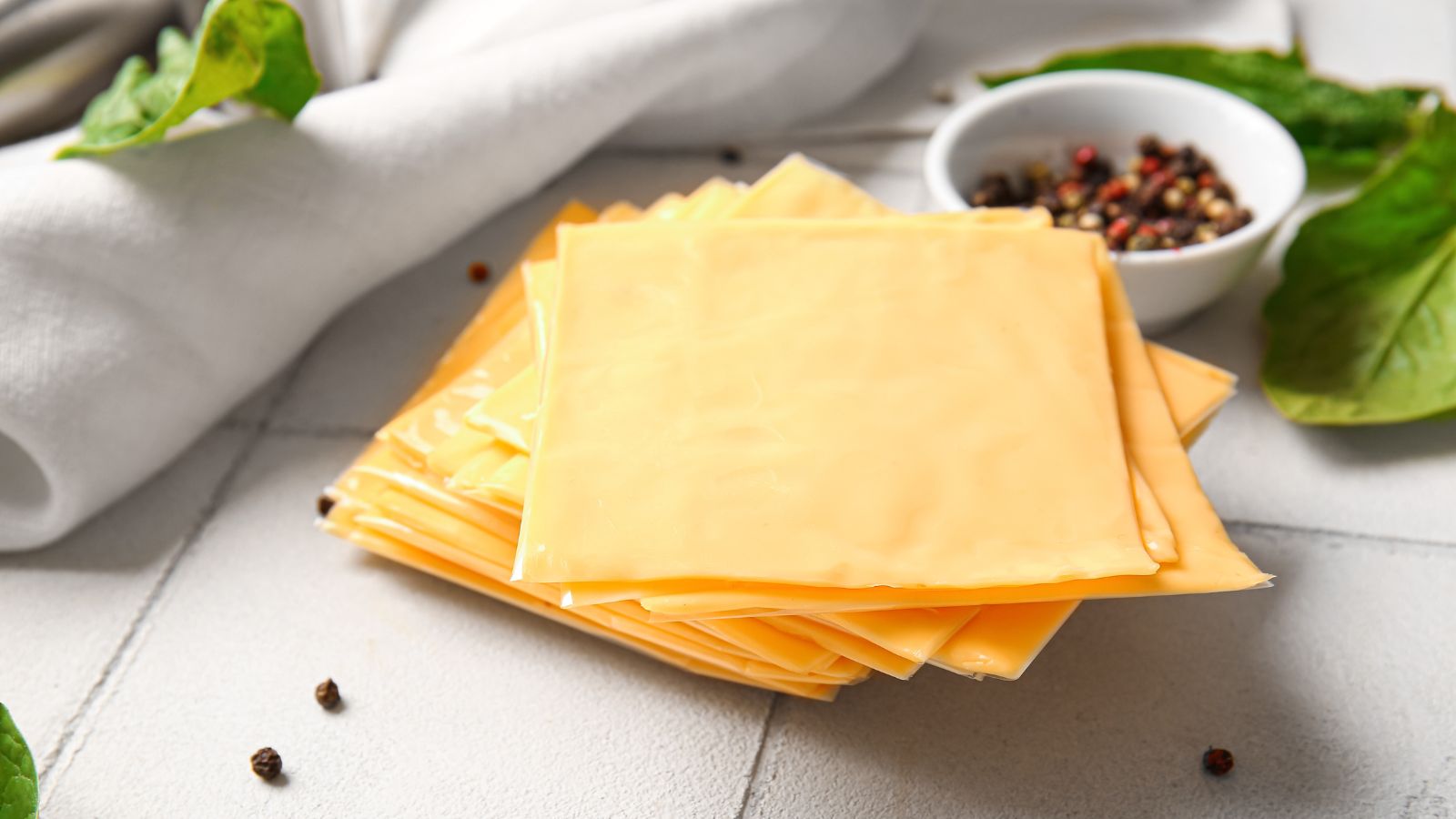
Processed cheese products like American singles are being passed over in favor of fresher, more artisanal options. Millennials are drawn to high-quality cheeses for charcuterie boards or exploring plant-based alternatives that better fit their health-conscious and eco-friendly lifestyles.
Concerns about artificial ingredients and a preference for authentic flavors are driving this shift. As sales of processed cheese decline, major brands are investing in premium product lines or developing new offerings to capture millennial attention.
Paper Napkins
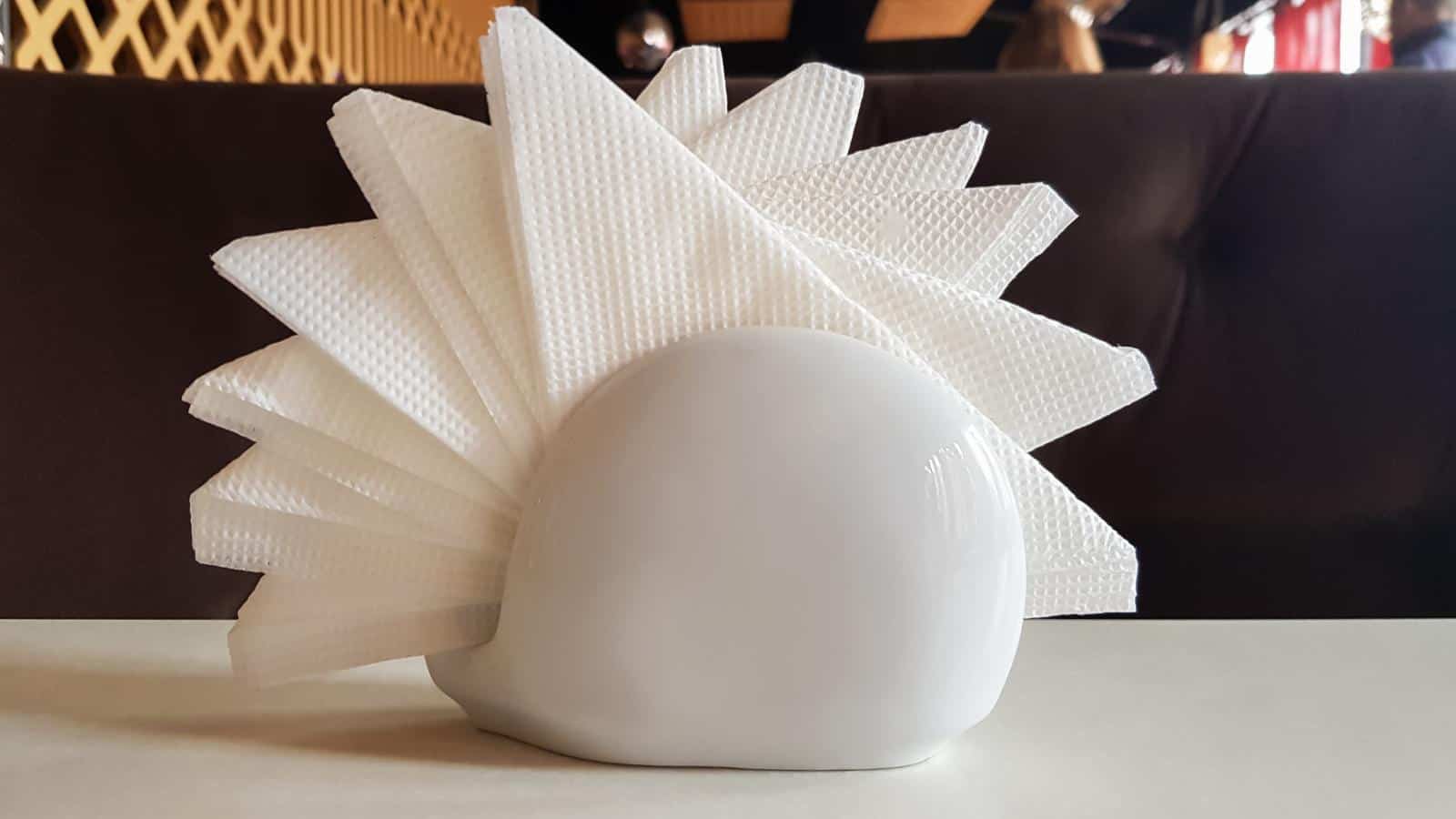
Disposable paper napkins have taken a backseat to reusable cloth options that are better for the environment and your wallet. Millennials see cloth napkins as both stylish and sustainable, making them a go-to for everything from dinner parties to daily meals.
Golf Equipment

The sport of golf isn’t resonating with millennials, who find it expensive, time-consuming, and less inclusive compared to other activities. Social, interactive fitness options like hiking, yoga, or group classes feel more appealing and accessible. The decline in interest has hurt sales of golf equipment and memberships, forcing the industry to rethink its approach.
Bar Soap
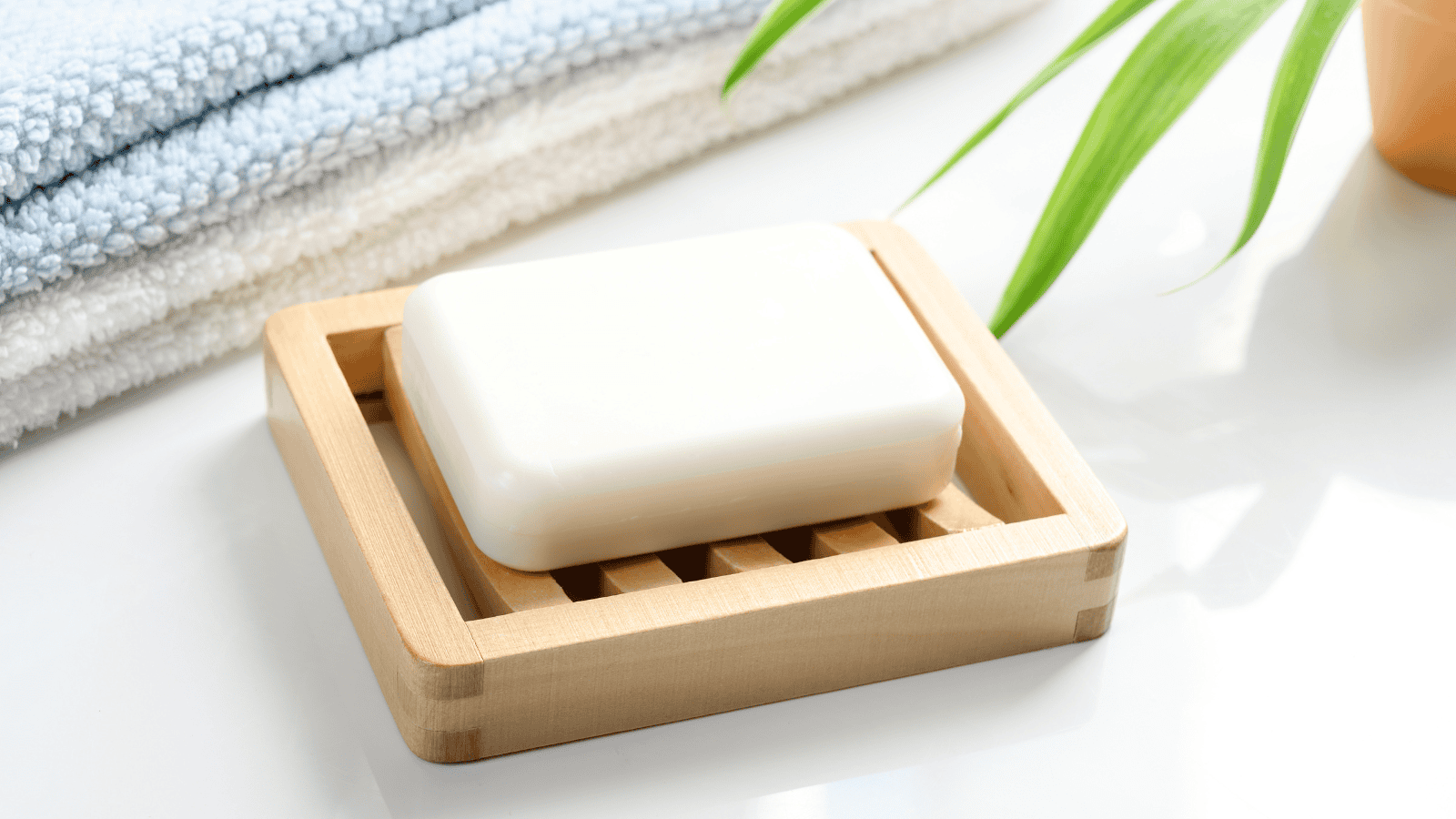
Bar soap is losing its lather with millennials, who prefer body washes and foaming cleansers for their convenience and modern appeal. Traditional bar soap feels less hygienic and outdated to this group.
Brands are trying to stay relevant by focusing on eco-friendly packaging and natural ingredients, but the trend toward liquid alternatives continues to grow.
Magazines

Physical magazines are becoming obsolete for a generation that consumes information and entertainment digitally. Millennials prefer online articles, podcasts, and social media, which offer instant access and greater interactivity.
Canned Tuna
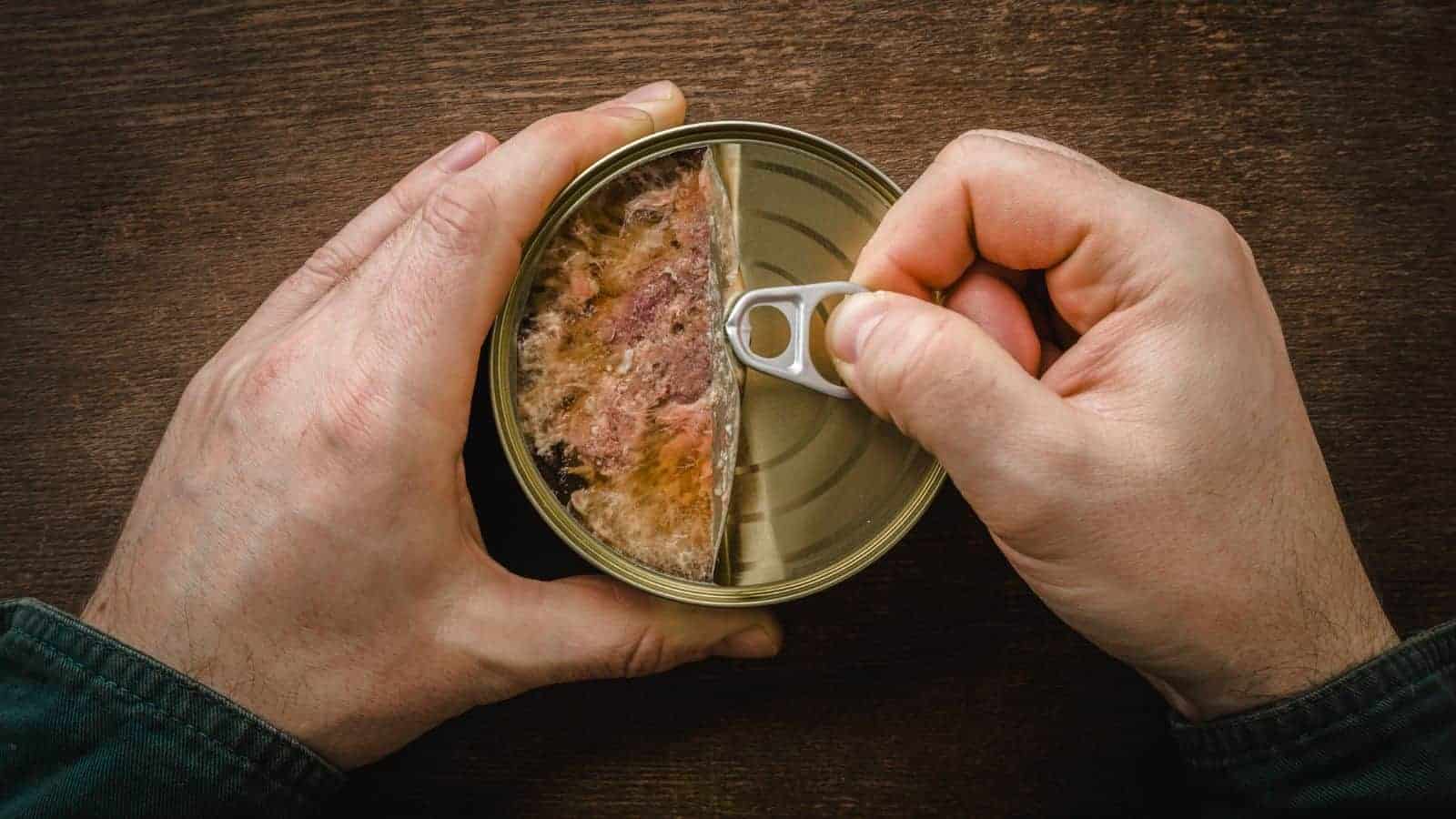
Convenience can only take canned tuna so far. Millennials are opting for fresher seafood options like sushi or poke bowls that feel more modern and health-conscious. Concerns about sustainability and mercury levels have also contributed to tuna’s decline. B
Full-Sized Sedans

Sedans just aren’t cutting it anymore. Millennials are drawn to SUVs, hybrids, and EVs that offer better tech, versatility, and sustainability. Automakers are adjusting by scaling back sedan production and investing heavily in crossovers and electric models.
The rise of ride-sharing and alternative transportation options has also reshaped how this generation approaches vehicle ownership.
Dry-Clean-Only Clothing

The hassle and expense of dry cleaning don’t sit well with millennials, who prefer low-maintenance, machine-washable fabrics. Fashion brands are responding with designs that are easier to care for, leaving dry cleaners struggling to stay relevant.
Bulk Warehouse Memberships

Big-box stores built their reputation on bulk-buying, but millennials aren’t sold on the idea. With smaller homes and fewer mouths to feed, they’re skipping cases of ketchup for curated grocery hauls. Many find the annual membership fees hard to justify when meal kits, local markets, or online shopping offer flexibility and zero storage headaches.
Cable Landlines
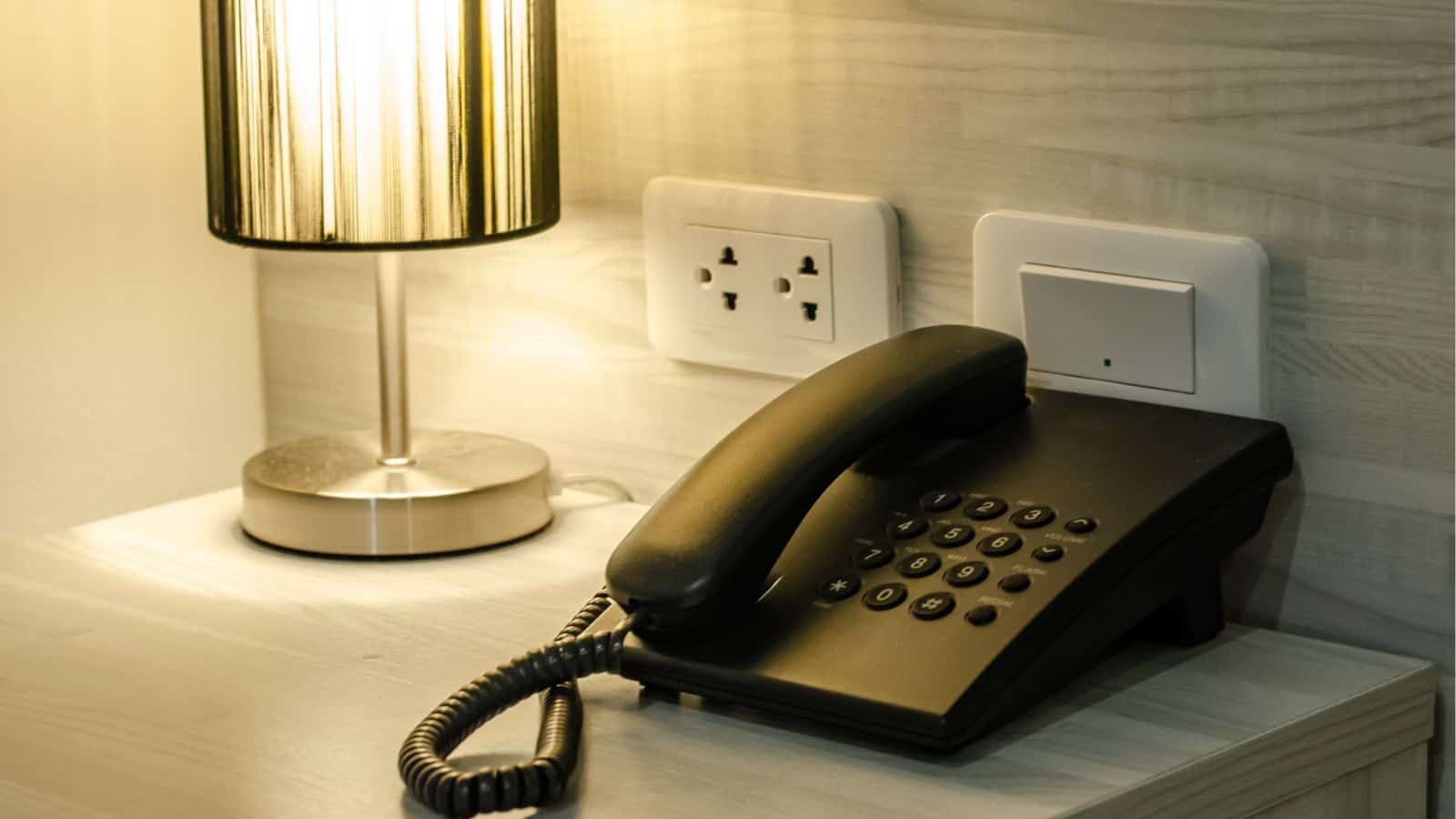
The world is now dominated by smartphones and landlines feel like a relic of a bygone era. Millennials see no reason to pay for a service that offers less convenience than their pocket-sized devices. The ability to call, text, and video chat from anywhere makes a stationary phone seem, well, unnecessary.
Irregular Work Hours

And finally, for millennials, a job that bleeds into personal time isn’t worth the paycheck. Growing up witnessing the downsides of hustle culture, they’re prioritizing flexible schedules that respect mental health and work-life balance.
This mindset is reshaping industries, forcing companies to offer remote work, adjustable hours, or even four-day workweeks. Millennials want to work smarter, not longer, and businesses that fail to adapt are finding it harder to attract top talent.
